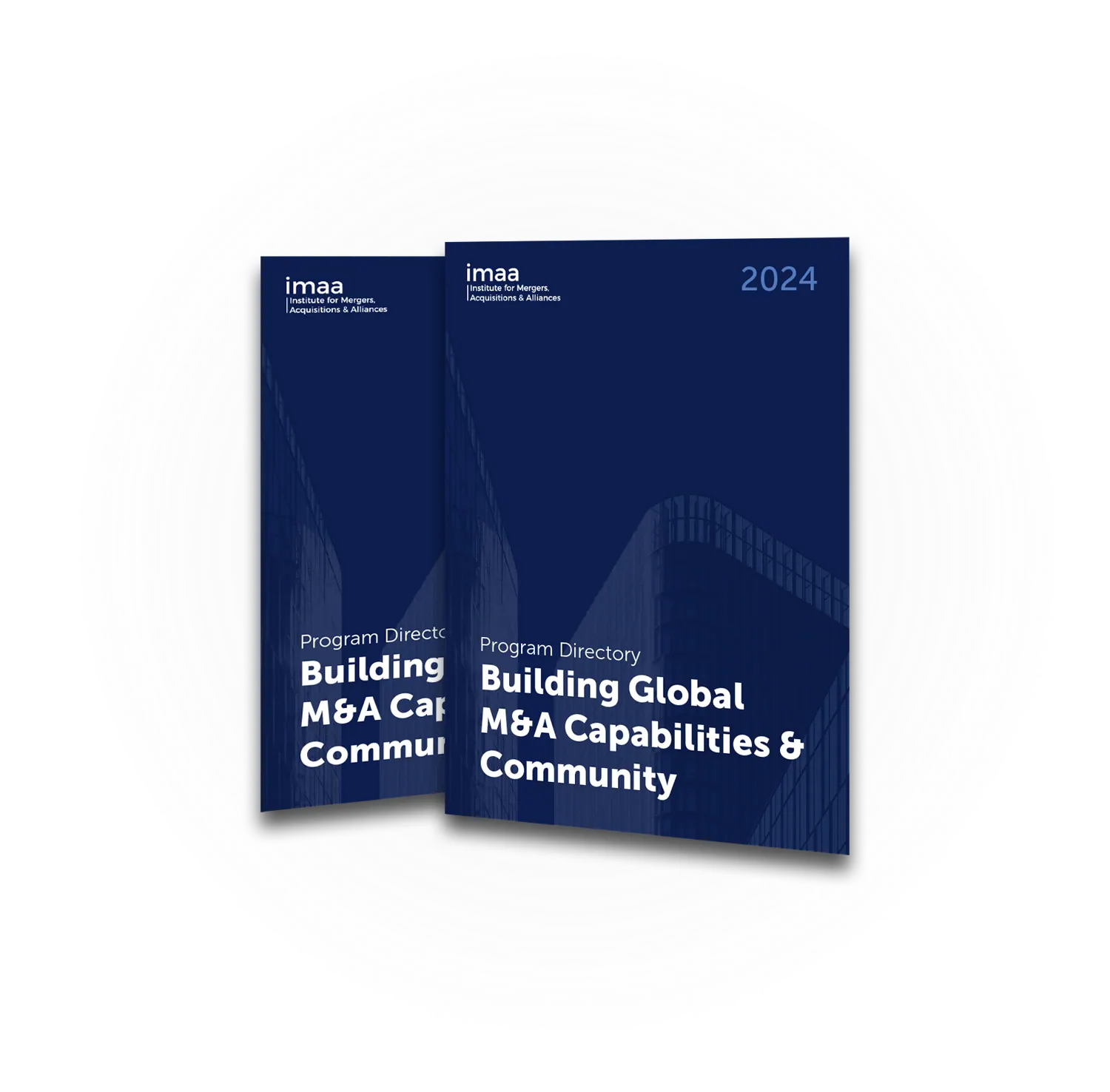Its not always clear where the best place to lead an M&A transaction from may be. Some aspects to consider can be the necessities of the role being undertaken by an M&A professional/manager in a cross border acquisition. Depending on the situation, this role can be described as the glue and the sticks that makeup a framework for M&A decisions and actions. Working with remote teams can require more cross cultural understanding, and require more investment in communication methods to ensure people are on the same page while moving forwards. Local experts are a key factor for many M&A aspects including legal, tax, accounting, etc.
These cross-border teams need the same direction that would be provided to domestic advisors, such as scope, level of materiality and areas of interest/concern. However this direction may need to be delivered in a different way, in tune with significant cultural differences. For example, in one culture an activity may signal a negotiation is closed or failed, while in others the same activity may represent another step along the negotiation path. The requirements of the role leading cross border acquisitions can include:
1. Coordinating Lawyers
Less well understood combinations of different laws, regulations and governing bodies creates a challenge for cross border transactions. Legal remedies may not be readily available, or may not produce the same results in various jurisdictions. This drives the importance of having local expertise provide opinions, while working with legal teams from both/all parties, and other legal M&A specialists.
Even when there are similar laws, conflicts of laws can be a major challenge for deals across borders for reasons including jurisdiction, different application of laws and statutes, the courts choice of laws, varying legal interpretations and enforcement among others. There is generally a lower level of precedent for the specifics of multi-jurisdictional cases compared to domestic.
For example, litigation brought in Germany between a German and USA company, may more readily find precedent for a similar situation between two German companies, or between two USA companies. It could also have similar precedents for different sets of legal conflicts between German and USA companies. Notwithstanding, an international case may not find situations which are materially at the same level of comparison, considering the specific variables involved.
Lack of solid precedent makes outcomes harder to predict. Compounding this, often experts in a specific field of law in Germany, will not be an expert in that field to the same proficiency in the USA. Providing the infrastructure, team, processes, information, management, etc to bridge this gap in legal systems is important to creating results in a cross border process.
In different regions there are moves toward universally agreed business practices and legal approaches. In much of Europe, Rome I Regulation conventions about the law applicable to contractual obligations helps govern which laws will be used. Even so, courts in different regions, at different times, and faced with different circumstances will have varying interpretations, implementations and enforcement.
2. Coordinating Accountants
Accounting systems within US GAAP and IFRS individually need to be rationalized first in order to compare them, and even more so when working between methods. Additionally, interpretation, reporting, governance and enforcement vary regionally. Using local expertise and coordinating with the accounting teams for the target, acquirer and other M&A accounting experts can contribute to stronger financial outcomes.
Differences between the rules based system and the flexibility of the principles based accounting method shows up in more than just the ordering of balance sheet line items by liquidity, or first-in-first-out versus the IFRS exclusion of last-in-first-out inventory systems. Items can be categorized in different income statement sections and revenue can be recognized in different ways amongst other differences.
Working with these challenges demonstrates the value of a clearly communicated, well-managed materiality and scope. This supports the delivery framework when coordinating multi-jurisdictional, cross company, and outside accounting teams.
3. Translation
Literary translation services may be required if documents are in various languages, and if requests for uniform language documents are refused. Cultural differences may create material communication problems, which need to be resolved to complete a successful due diligence, negotiation, SPA, or integration. Finding the right legal, accounting, cultural, etc trained translators can be significantly difficult.
4. Tax Experts
International tax laws and treaties are constantly changing. The OECD is working with member nations to reduce base erosion and profit shifting. Typically tax lawyers, accountants or other M&A tax specialists are utilized in combination with the target and acquirer accounting teams to produce cohesive results. Areas of concern may include:
• Tax restructuring
• Royalties
• Transfer payments
• Internal banking & loans
• Flow through and redundant entities
• Offshoring
• Outsourcing
• IP boxes
• Low tax vs. no tax jurisdictions
• Enforcement
• Double taxation (why low tax is better than no tax)
• Jurisdictional tax treaty partners
• Etc
The right team of tax experts, a framework on levels of significance and areas of concern, and integrated management processes; can eliminate expertise gaps and the surprises that ensue.
5. Timezones & Timelines
It can be a drain on morale working around the world. Difficulties can arise in the timing of meetings where one side may always get the short end of the stick. Timelines can be impacted when days are essentially offset. Depending on the value chain configuration, this offset could reduce the availability of capacity.
Similarly communication may be delayed or partially unavailable during working hours. Delayed communication may then increase the separation between decision making and results. When customers are engaged across borders and timezones, timelines for sales and production units can also be impacted.
As these are just a few examples, there are a wide variety of other aspects that are critical depending on the specifics of the situation. Understanding what these are, and how they apply to a given transaction is even more paramount when undertaking an international transaction due to the greater risks and uncertainty.
Thorough planning and followthrough of the activities to be addressed when doing cross border transactions can span financial issues such as currency to people issues including culture. Consideration of the planning and followthrough required can be an important aspect of the decision about who will take on the role of M&A Manager, in order to drive value for stakeholders.



